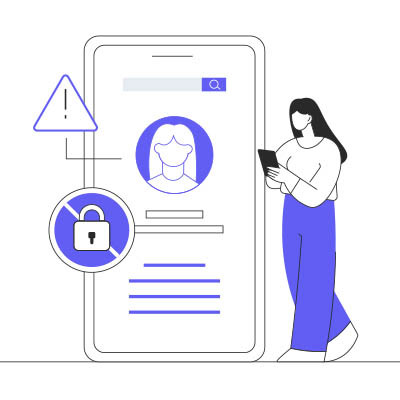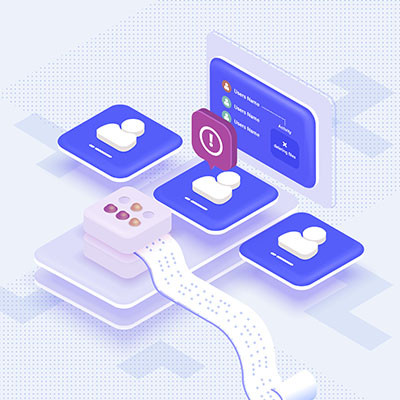Social media is a potent tool for use in business, but it also offers cybercriminals countless opportunities to steal data and exploit your organization. Today, we want to highlight some of the ways your business can practice safe social media. These practices also transfer well to other types of security, so you’re sure to leave this blog with more than a few takeaways.
WatchPoint Solutions Blog
Like it or hate it, it is undeniable that social media is a massive part of the culture. What were once cool websites that you could connect with people of like interests, or at least your extended family and friends you haven’t seen in a while, now are multi-billion dollar businesses that have influence over social trends, politics, and many other social constructs we depend on daily. With social media being so entrenched in the fabric of our digital worlds, it’s important to know exactly where you stand in regard to your individual rights and privacy. Let’s take a look at one contemporary situation that is sure to have ripple effects throughout society in the months and years to come.
In just a short time, social media has become pivotal to most people’s personal, professional, and social lives. There are significant benefits to using social media for various tasks, but the adverse effects are pretty pronounced and hard to ignore at the same time. In fact, it might be a good idea to take a break now and again, called a social media detox. Let’s discuss how you can make this break work for you so that you can return to enjoying your accounts after the detox.
For the past six months, the social media giant Meta (AKA Facebook) has attempted to take advantage of the perceived instability at X (AKA Twitter) and create a microblogging community in the same vein, called Threads. Today, we thought we would take a look at Threads and how it is similar to X, and how it aims to pull users away from the microblogging giant.
There’s no question that most of the companies that we interact with nowadays capture and share data. Many of them package them up and sell them to marketing companies that follow users around the Internet. Too many people don’t know how to keep from oversharing their personal information and it can have negative effects on their lives. This week, we thought we’d give you some tips on how to keep your personal data from getting needlessly exposed.
In December of 2021, Twitter suffered from a vulnerability related to one of its APIs. In July of the following year, 5.4 million users had their data leaked, as a result of this vulnerability, and put on sale through the black market. Another hacker has recently put this data up for sale, proving that these API attacks are quite problematic not just for big social networks like Twitter, but all businesses.
Most everyone uses a search engine, whether it’s Google or one of the others out there; although the statistics about whether or not you use Google are more than a little skewed in Google’s favor. Why is it such a popular tool, and what other options are out there for the enterprising Internet user?
You might sometimes receive email notifications from LinkedIn telling you that someone has looked at your profile, and that’s fine and all until you realize that LinkedIn is telling other people that you’re looking at their profiles. For some, this can seem like a breach of privacy, so to rectify this, we’ll help you adjust your settings so that you won’t feel so intruded on.
It seems like there is a new data breach every time we turn around, and in most cases, these breaches expose the personal data of many people. The most recent breach in this troubling trend is for the popular social media website LinkedIn. This breach exposed 700 million profiles, an event which led them to be sold on a popular hackers forum. The scary part? LinkedIn denies that there was any data breach.












